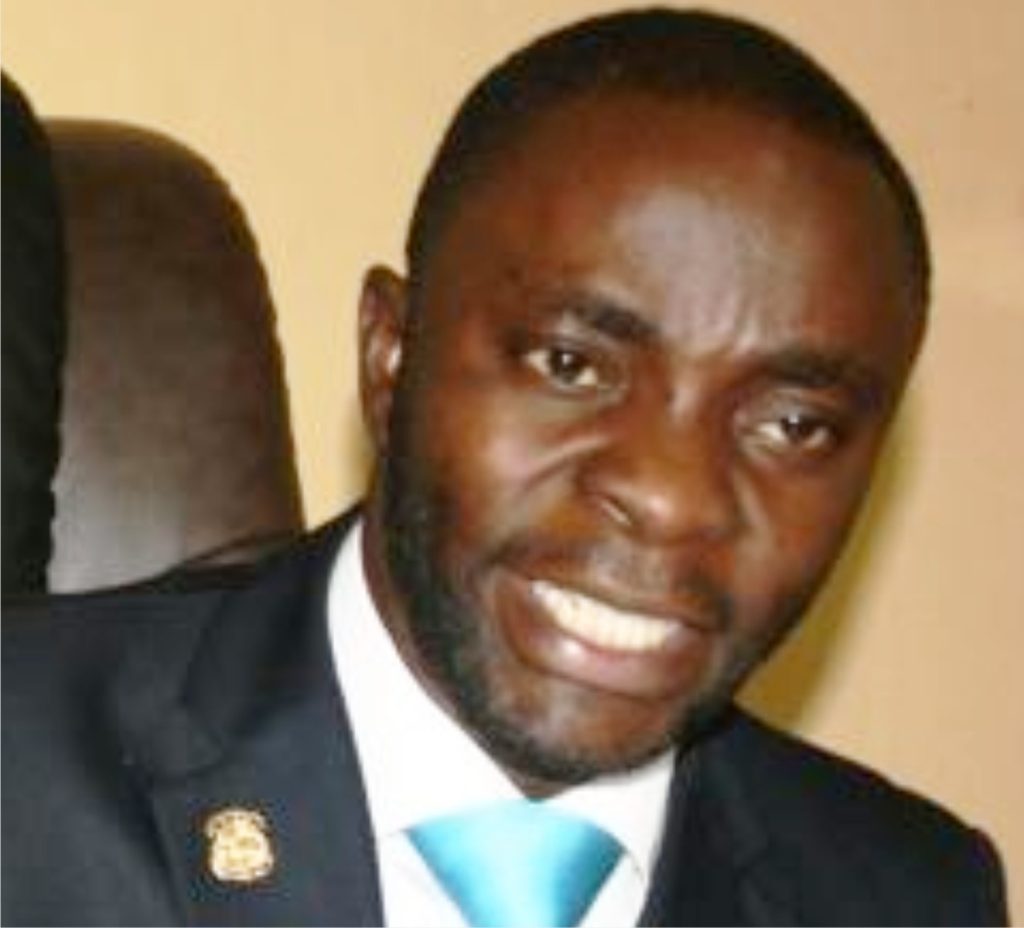The Liberian Supreme Court reserved its ruling on a crucial legal challenge brought forth by Representative Koffa against actions taken by what he terms the “majority bloc” in the legislature. The hearing revealed a significant legal vulnerability in the majority bloc’s position, not due to a lack of skill from their legal representation, but rather from the absence of legal grounding for their actions. The proceedings suggested a potential victory for Cllr. Koffa, raising concerns about the potential repercussions and the government’s ability to manage the fallout. A ruling in Koffa’s favor would expose a cascade of constitutional violations stemming from what the author argues is a politically motivated misinterpretation of the law by Justice Minister Oswald Tweh.
The author criticizes Senate Pro Tempore Nyonblee Karngar Lawrence for admitting her reliance on the Justice Minister’s flawed legal interpretation regarding the budget passage. This reliance, the author contends, not only demonstrates incompetence but also a disregard for the Senate’s independent legal counsel, raising questions about her fitness to lead. A potential ruling in favor of Cllr. Koffa would throw into question the constitutionality of the 2025 State of the Nation Address (SONA), the legality of the national budget’s endorsement, and the legitimacy of subsequent actions taken based on that budget, including the withholding of lawmakers’ salaries. These potential violations could expose the Boakai administration to impeachment proceedings, a predicament the author attributes to prioritizing political expediency over legal competence.
The author argues that the current administration’s woes stem from their reliance on politically loyal but legally inexperienced advisors, citing the Justice Minister’s alleged lack of courtroom success and the Attorney General’s purported lack of practical legal experience. Further exacerbating the situation, the author claims, is the administration’s failure to distance itself from the questionable practices of previous administrations. These practices include alleged budgetary allocations for suppressing student protests, unlawful dismissals and retentions of officials, and questionable procurement processes. The author sees these actions as repeating past mistakes, which will inevitably have serious consequences.
The author draws a parallel between these alleged wrongdoings and biblical concepts of sin and retribution, suggesting that the Boakai administration’s actions will ultimately lead to its downfall. The author foresees that following the Supreme Court’s ruling, they will invoke Article 62 of the Constitution in conjunction with Article 76. This invocation, the author believes, will bolster the judiciary’s authority and usher in a new era of legal accountability. The author concludes by preparing readers for significant changes in the political landscape, hinting at potential upheaval and a reshaping of the balance of power.
The central argument revolves around the precarious legal position of the Boakai administration and the potential consequences of a Supreme Court ruling against them. The author’s perspective is highly critical, attributing the administration’s difficulties to a combination of political maneuvering, legal incompetence, and a failure to learn from past mistakes. The author paints a picture of an administration on the brink of a constitutional crisis, potentially leading to impeachment and a significant shift in the political landscape. The piece serves as a strong condemnation of the administration’s legal strategy and its broader political approach.
The author’s use of religious language, referencing “the wages of sin,” adds a moral dimension to their critique, portraying the administration’s actions not just as legally flawed but also morally reprehensible. The anticipation of invoking specific constitutional articles following the court’s decision suggests a proactive strategy to hold the administration accountable. The concluding remarks about “uncharted waters” emphasize the potential magnitude of the impending changes and underscore the author’s belief in a transformative moment in Liberian politics. The biographical details provided about the author establish their credentials as a legal professional and former government official, lending weight to their analysis and suggesting a deep familiarity with the Liberian political and legal system.














